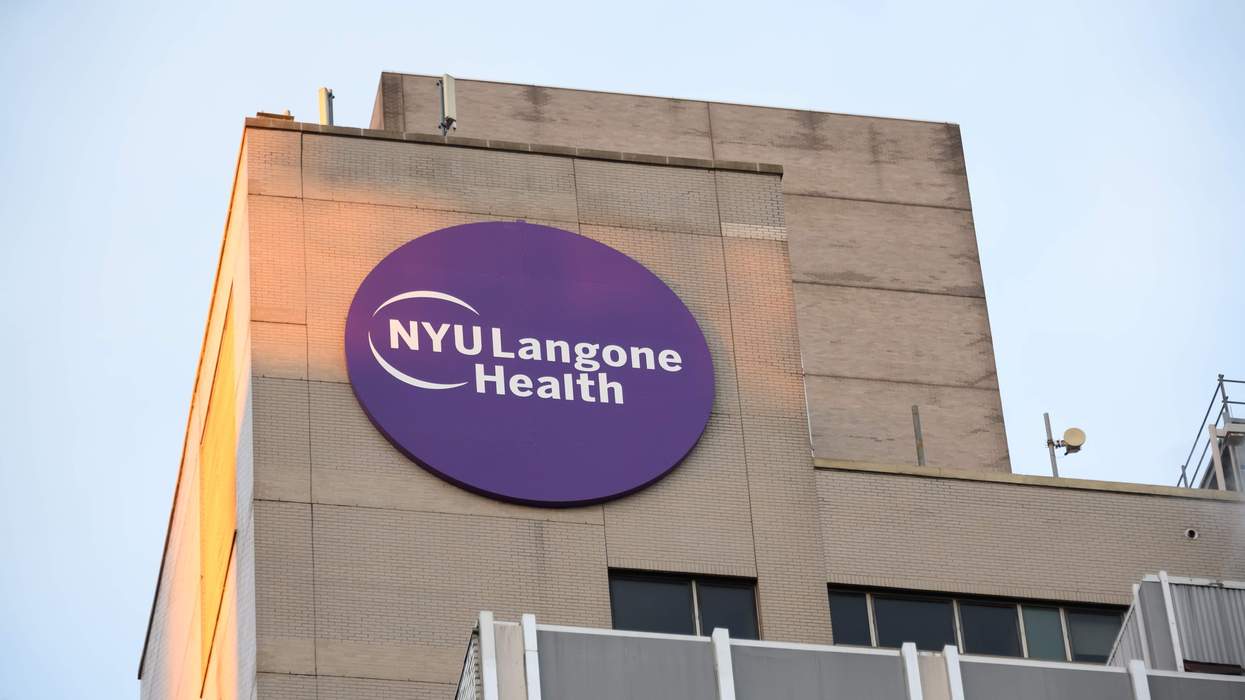Two University of Oklahoma scientists are starting research that they hope will someday lead to the development of a vaccine to combat HIV.
The research to be performed by Mark Lang, an assistant professor of microbiology and immunology at the OU Health Sciences Center, and microbiologist John West will examine the basic aspects of the immune system rather than the complex aspects of the virus.
They theorize that if a key function of the body's immune system can be pinpointed, it could be the first step toward developing a vaccine.
''There have been many promising candidates for a possible vaccine over the years, but we've only been able to fully understand the immune system's function in the last five years,'' Lang said. ''To develop a new vaccine, we realized we first have to study and understand the immune system.''
Lang said their work will focus on researching the basic antibody responses from what are known as Natural Killer-like T-cells. A potential vaccine would contain NKT cells and would boost the immune system's antibodies, which fight outside invaders such as HIV by blocking them from entering cells or giving the immune system enough of a boost to kill the invaders.
NKT cells, which have been a part of research into cancer and other diseases, have not previously been the focus of HIV research, Lang said.
The research will last 18 months, with tests being performed on mice. The Oklahoma Center for the Advancement of Science and Technology is giving $300,000 toward the research, and if the research proves promising, Lang and West will apply to the National Institutes of Health for more funding.
''If we are successful, we will have made an important contribution to the field, but we will still be several steps away from an effective vaccine,'' Lang said.
Lang said that in a best-case scenario, their research could lead to a vaccine ready for use in about four years.
The development of a vaccine is key in stopping the spread of HIV and AIDS, said Sunshine Schillings, an education and grants coordinator for the Oklahoma AIDS Care Fund.
''It is critically important that we identify those that are infected and get them treatment,'' Schillings said. ''However, that alone will not stop the epidemic. We need to prevent new infections.'' (AP)















